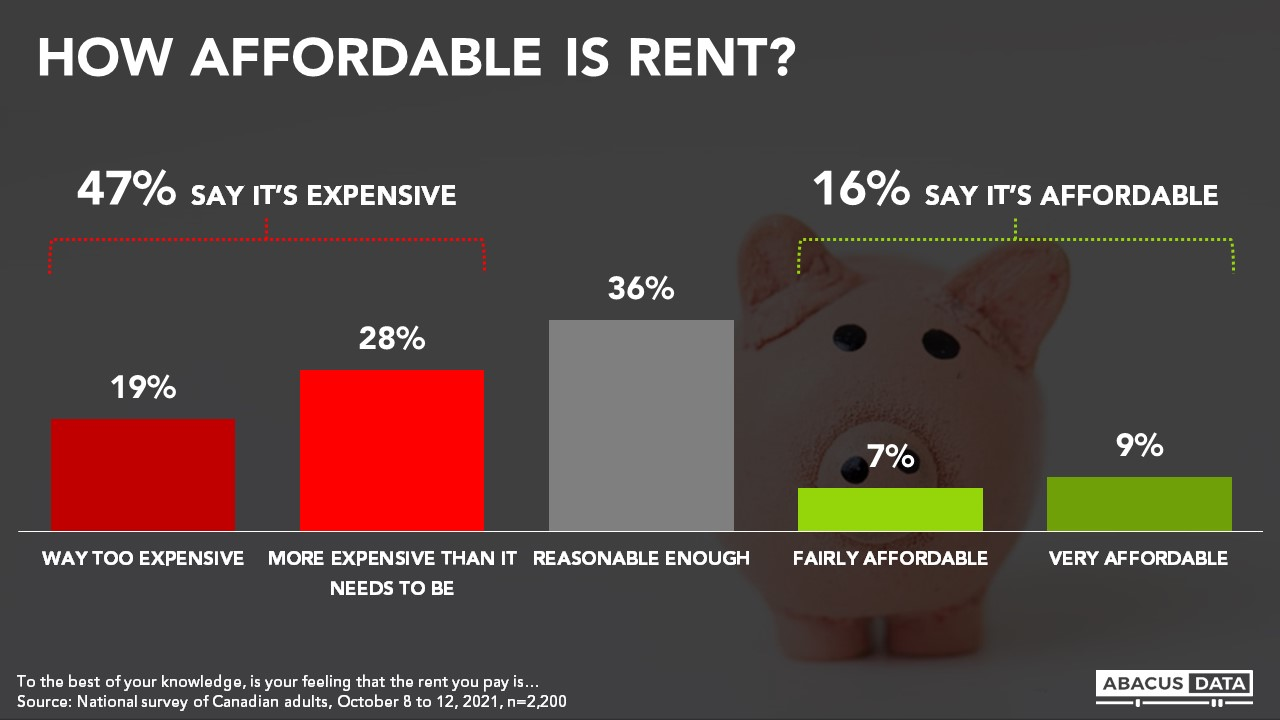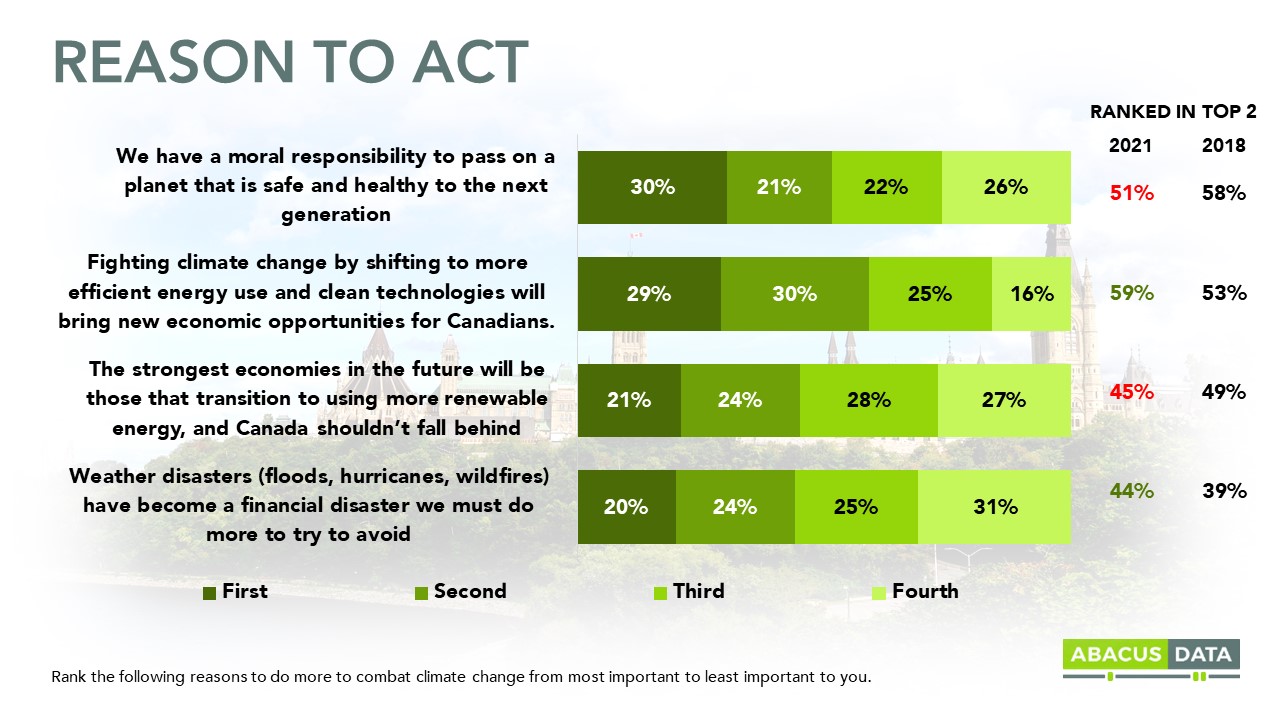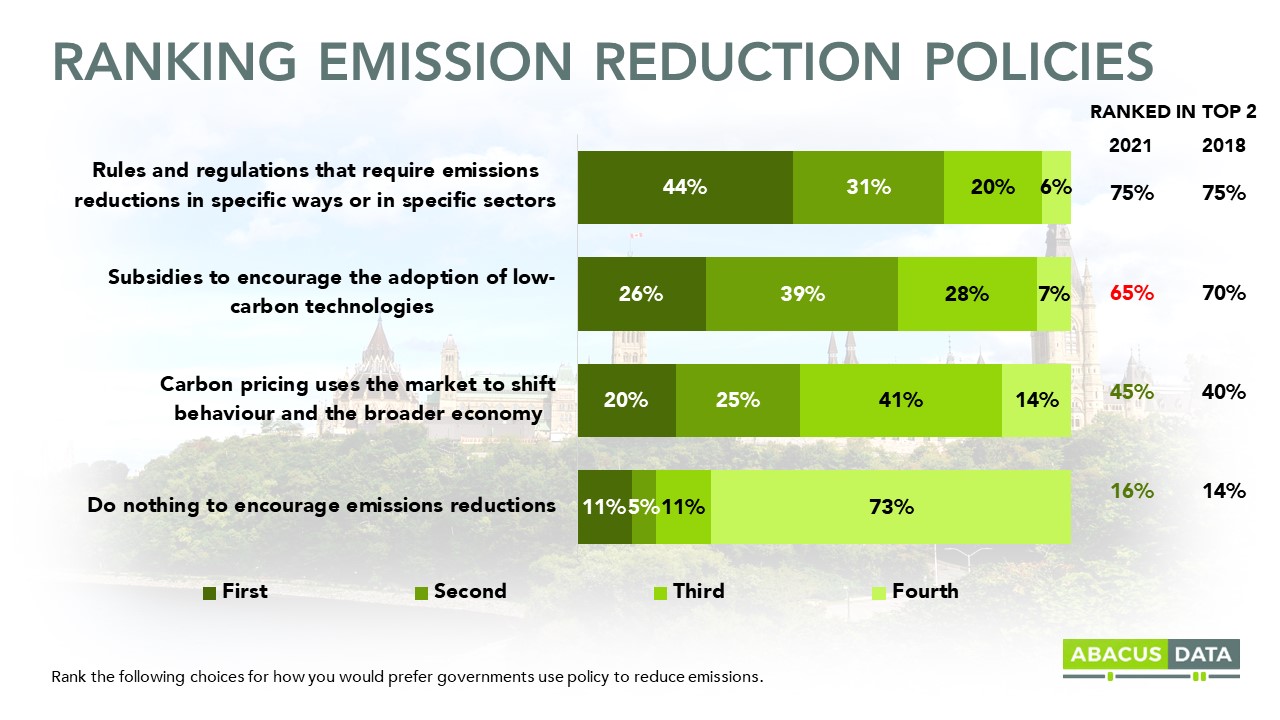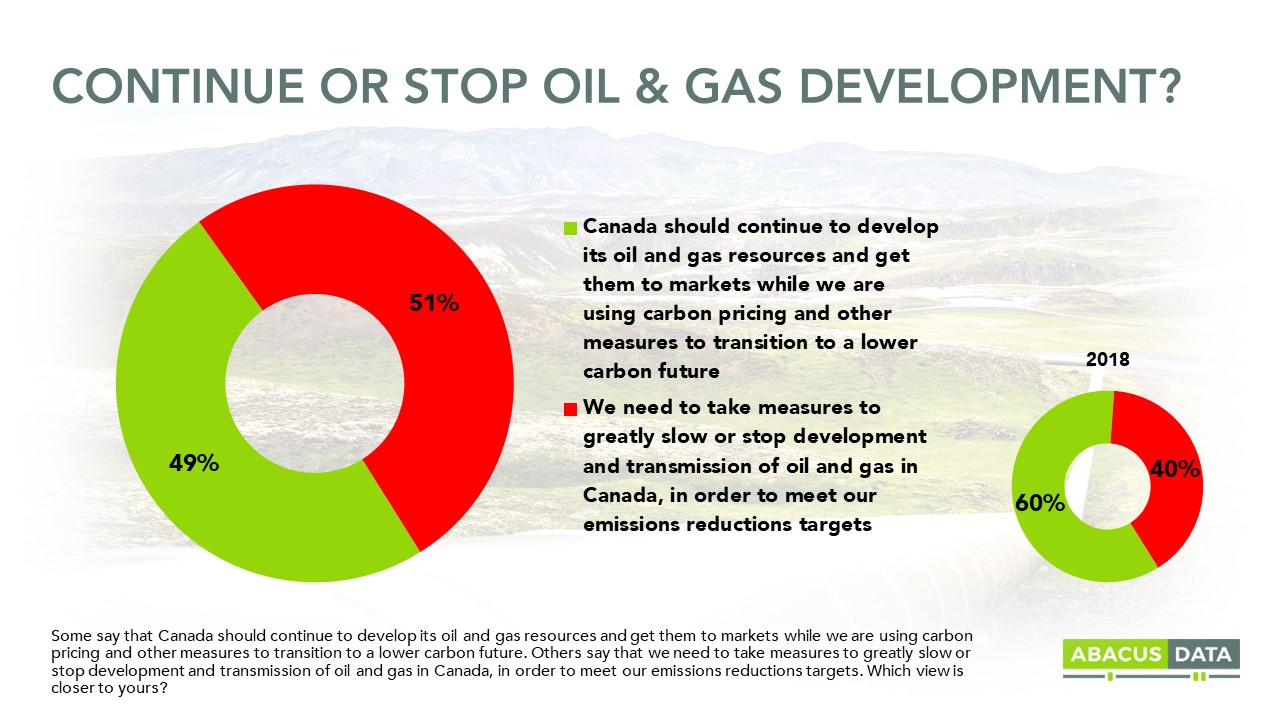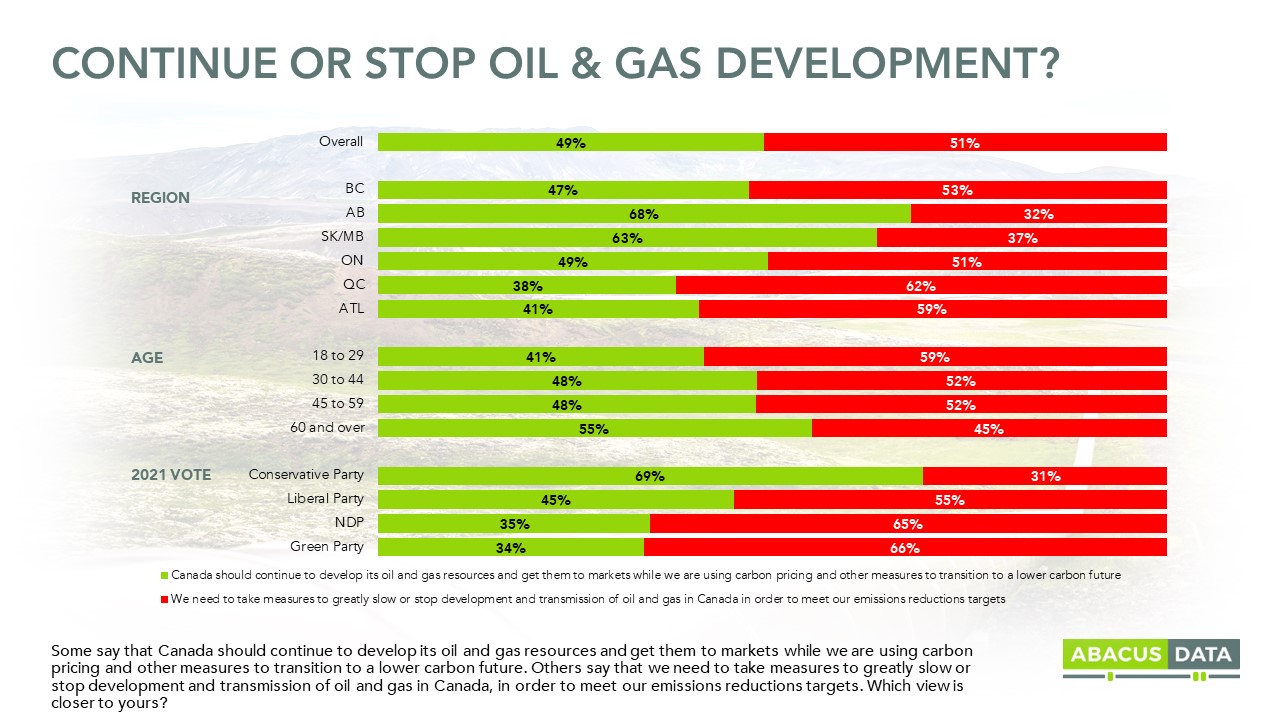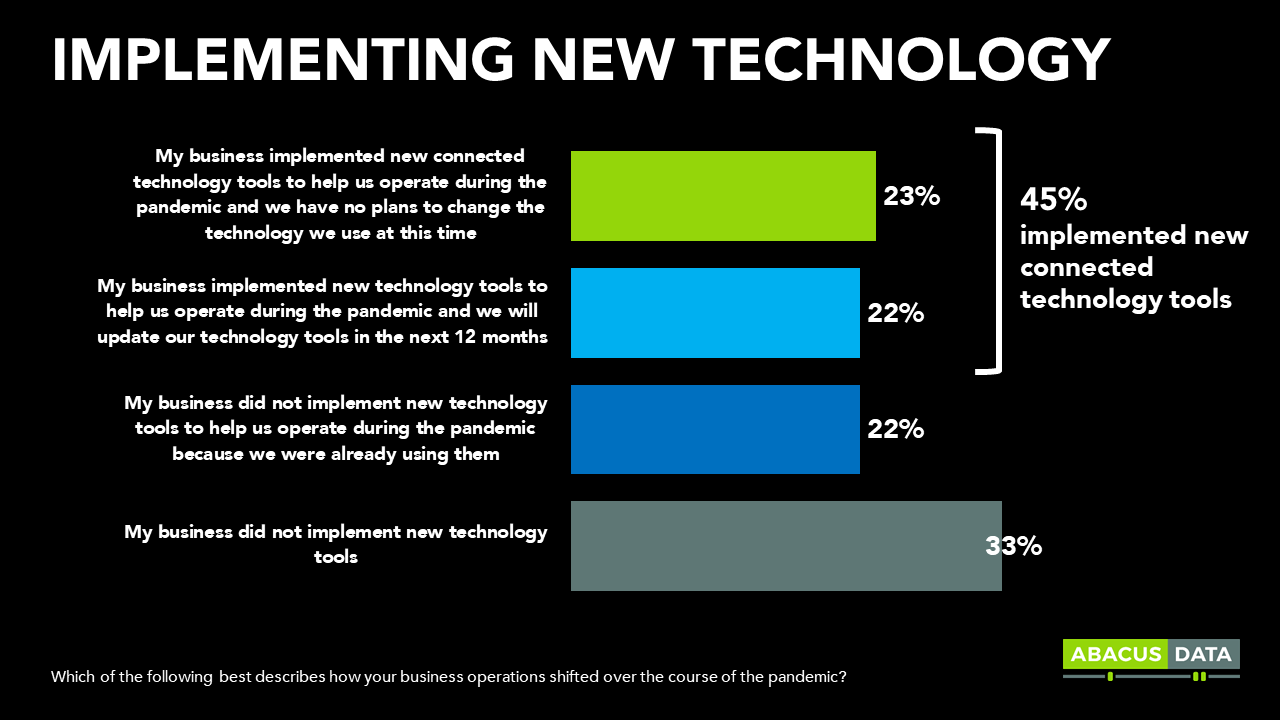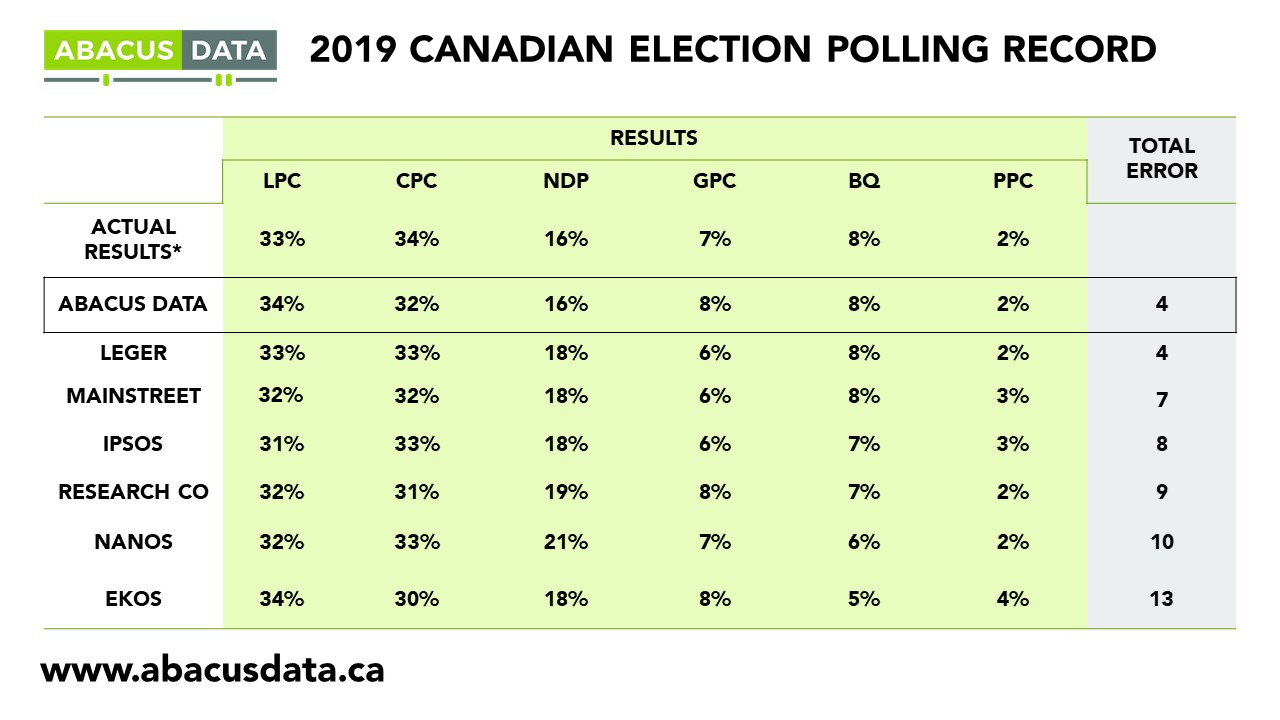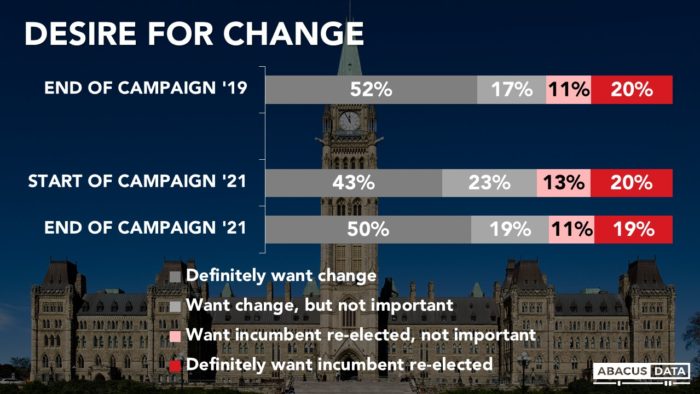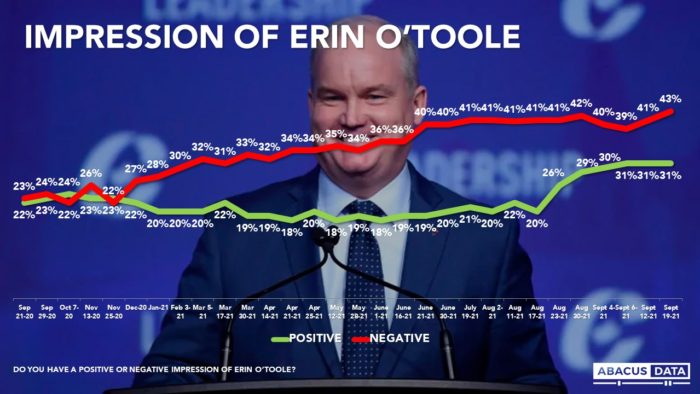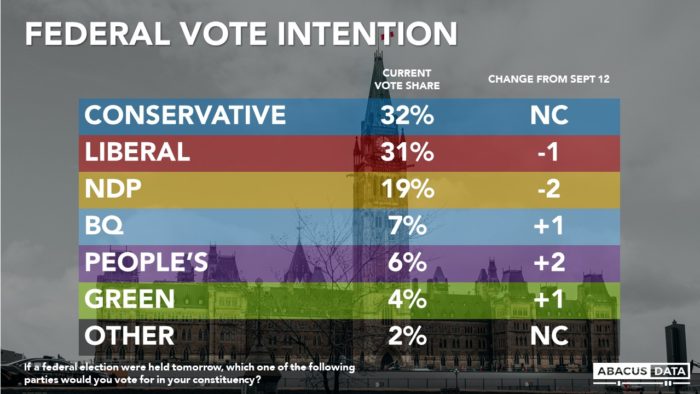What do Canadians know about Canadian politics and institutions?
In a recent national survey, we asked Canadians five questions to get a sense of how well people know some facts about our political system. Here’s what we found.
3 out of 10 think someone other than the Prime Minister chooses the members of the federal Cabinet. 13% think the Governor General chooses, 13% think the Liberal caucus does, 3% say these picks are up to Her Majesty the Queen.
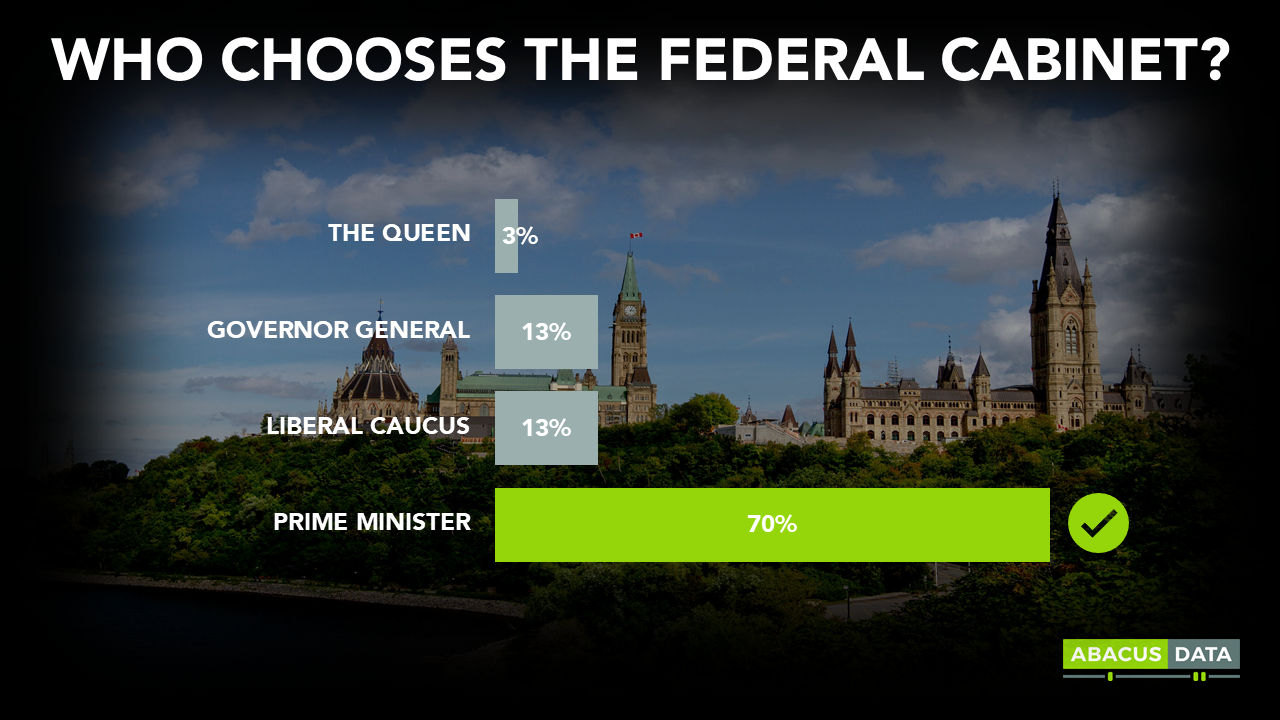
1 in 3 people (32%) believe the NDP has formed government in Ottawa at some point in the past, and 11% think this has happened more than once.

1 in 4 people (26%) thinks the Governor General decides the direction of the government “which the Prime Minister must then follow” while 74% correctly answer that the PM sets the direction.
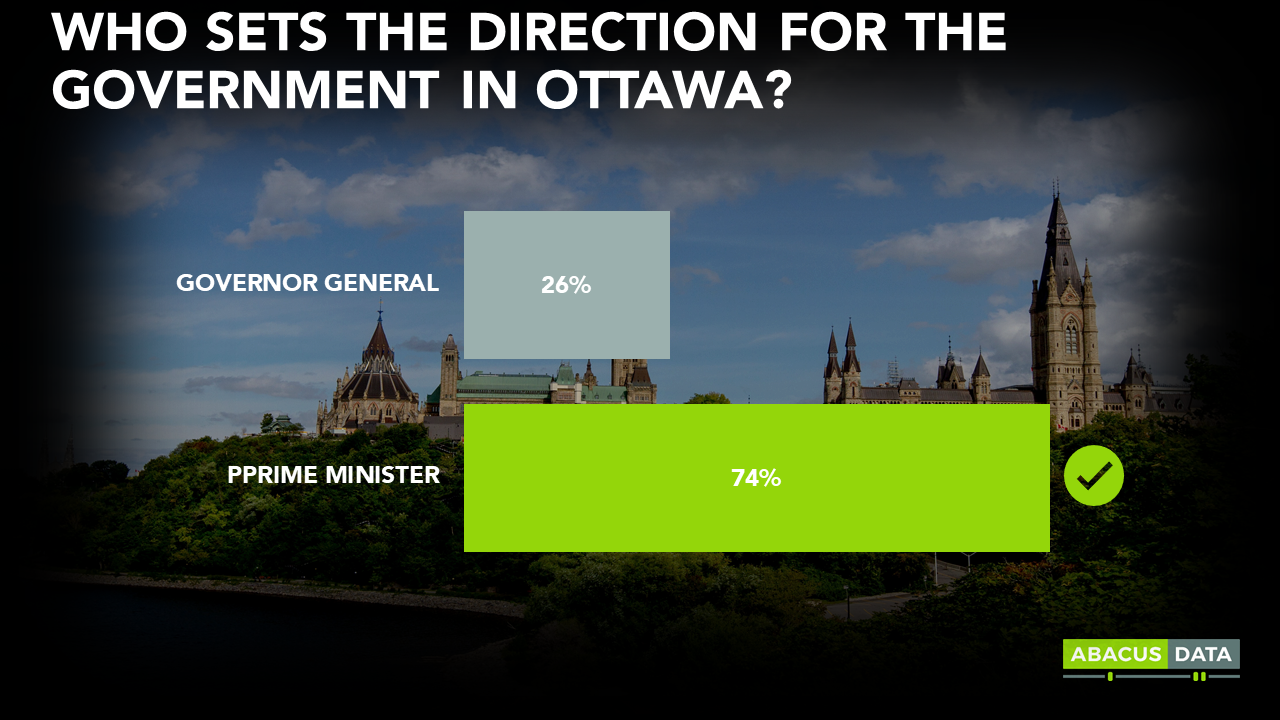
Only 33% believe that the federal Cabinet is made up of 50% women. Among women under 45, only 19% think that women hold half the Cabinet positions, among women above that age, the proportion who answered correctly was 36%.
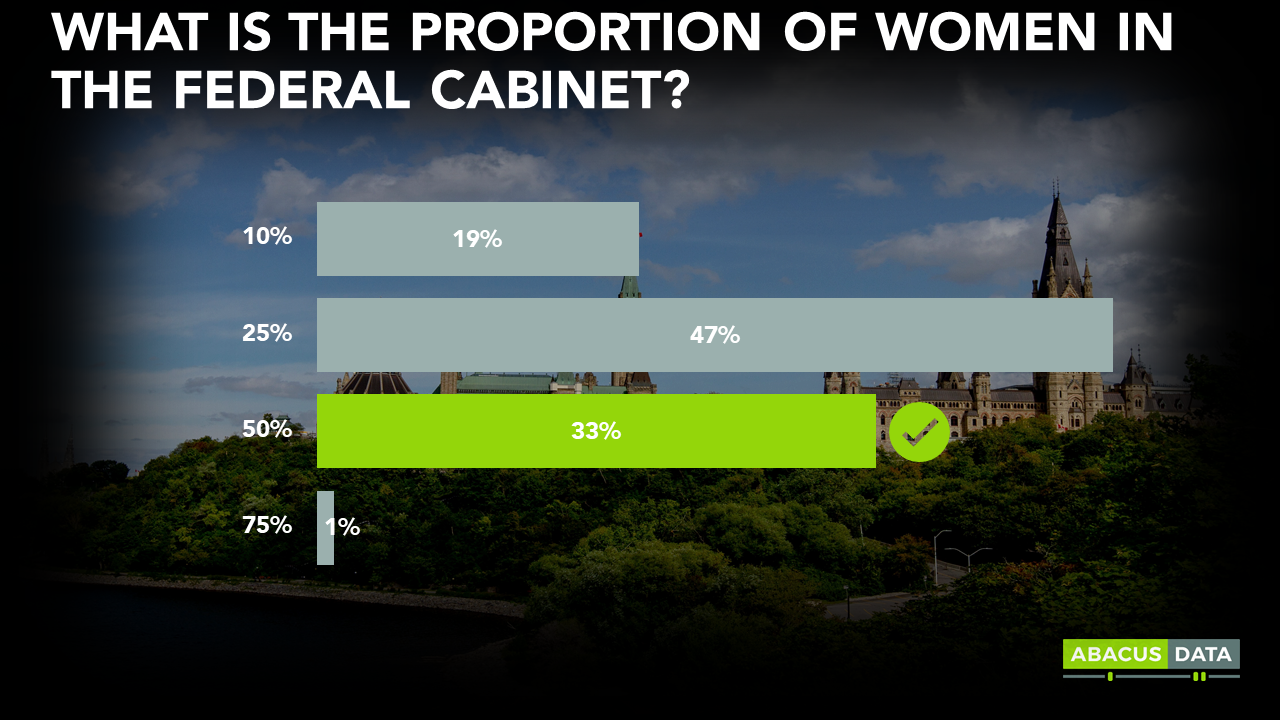
17% believe the federal government is responsible for education, while 83% correctly answer that the provinces hold this power.
Eight in ten (81%) got at least one of these questions wrong, but almost no one (2%) got them all wrong. One in five (19%) got all 5 questions right. Of the top quartile (those who got all the questions right, most (59%) were men, and the average age was 55, they are 11 points more likely than average to be university educated, 13 points more likely to be retired. 40% would consider voting Conservative, 49% would consider voting NDP, and 57% would consider voting Liberal.
UPSHOT
According to Bruce Anderson: “Every day those of us who consume a great deal of information about politics and public policy can usefully remind ourselves that many Canadians do not follow politics particularly closely. For those in government, business or civil society who work to inform and advocate, it’s crucial to start with a realistic understanding of how much background information the average citizen has – or doesn’t have. This is especially relevant when discussing highly complex policy issues such as climate change but it also is true where people in politics might expect that some 6 years after introducing the idea of a gender-balanced Cabinet, a great number of people including the large majority of women, are unaware that this has happened.”
According to David Coletto: “These results don’t surprise me. For a long time, we’ve known that a large proportion of the public doesn’t know much about how our federal political institutions work or their recent history. But these results are a reminder that many Canadians, including many who regularly vote, are not engaged deeply in what happens in Ottawa. The gap between what people believe and what is the truth can be a powerful driver for other attitudes and behaviours. Understanding that gap is critical to effective policy making advocacy, and government and public relations.”
METHODOLOGY
The survey was conducted with 2,200 Canadian adults from October 15 to 20, 2021. A random sample of panelists were invited to complete the survey from a set of partner panels based on the Lucid exchange platform. These partners are typically double opt-in survey panels, blended to manage out potential skews in the data from a single source.
The margin of error for a comparable probability-based random sample of the same size is +/- 1.9%, 19 times out of 20.
The data were weighted according to census data to ensure that the sample matched Canada’s population according to age, gender, educational attainment, and region. Totals may not add up to 100 due to rounding.
This survey was paid for by Abacus Data Inc.
Abacus Data follows the CRIC Public Opinion Research Standards and Disclosure Requirements that can be found here: https://

ABOUT ABACUS DATA
We are the only research and strategy firm that helps organizations respond to the disruptive risks and opportunities in a world where demographics and technology are changing more quickly than ever.
We are an innovative, fast-growing public opinion and marketing research consultancy. We use the latest technology, sound science, and deep experience to generate top-flight research-based advice to our clients. We offer global research capacity with a strong focus on customer service, attention to detail and exceptional value.
We were one of the most accurate pollsters conducting research during the 2021 Canadian election following up on our outstanding record in 2019.
Contact us with any questions.
Find out more about how we can help your organization by downloading our corporate profile and service offering.





